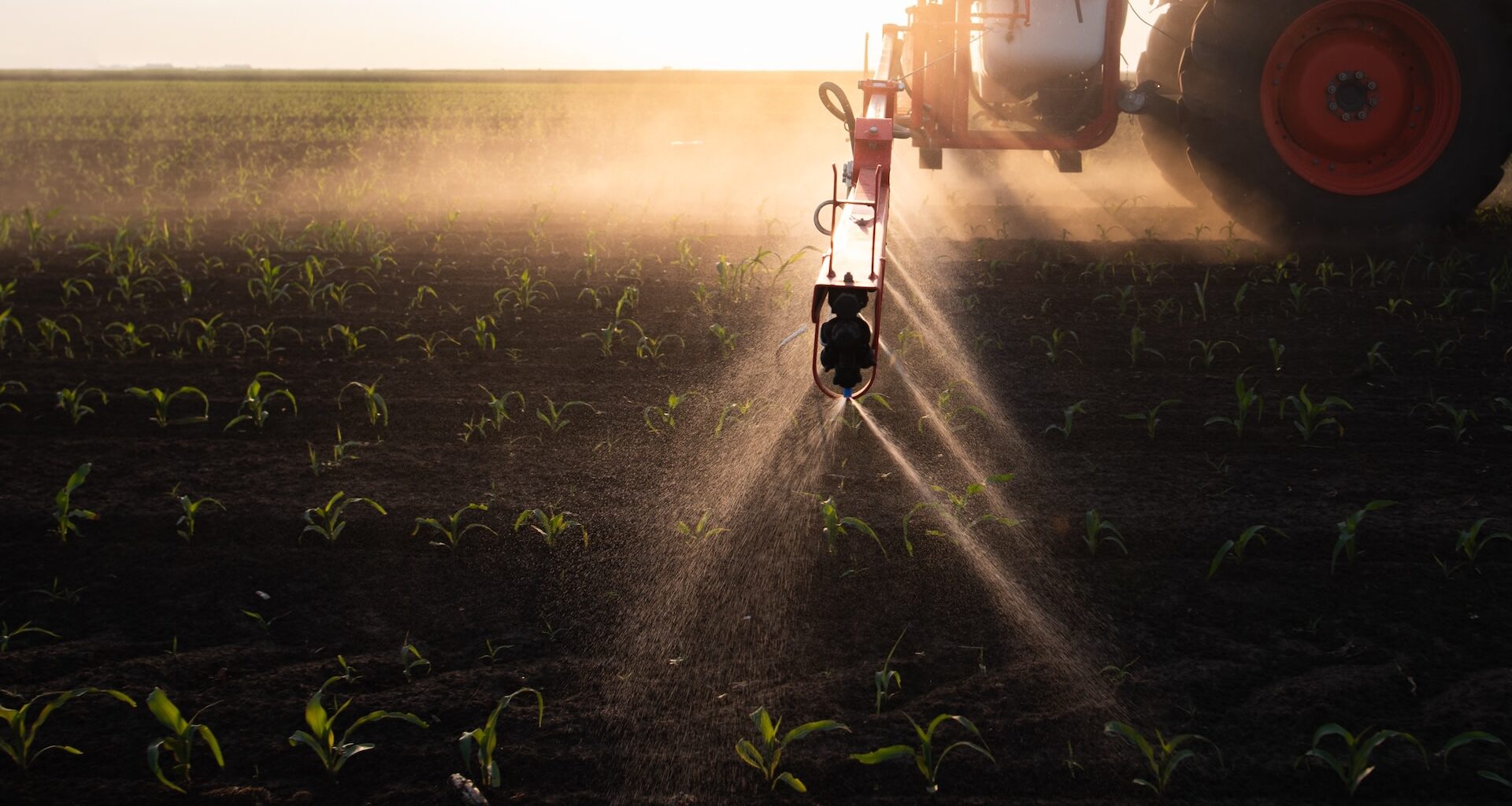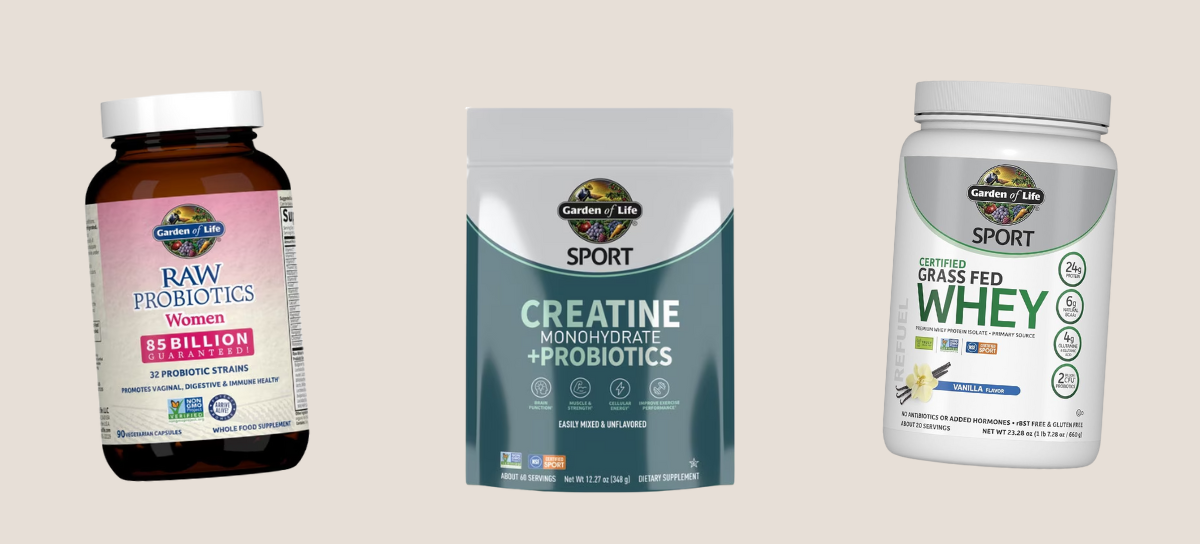Scientists are warning about the dangers of an ingredient widely used in weed killers in the United States.
What’s happening?
New research has found that diquat, an herbicide ingredient used to replace glyphosate in products like Roundup, can kill gut bacteria and damage organs.
The Guardian summarized the study, which suggests that diquat is actually more toxic than glyphosate. The publication reported that the substance is banned in the United Kingdom, the European Union, and China; however, the U.S. Environmental Protection Agency has resisted calls for a ban.
“From a human health perspective, this stuff is quite a bit nastier than glyphosate so we’re seeing a regrettable substitution, and the ineffective regulatory structure is allowing it,” Nathan Donley, science director with the Center for Biological Diversity, told the Guardian.
Why is this study important?
This study builds on other recent scientific findings about diquat. For instance, the Guardian noted that diquat is also thought to be a neurotoxin and carcinogen, and it has been linked to Parkinson’s disease. Another report found it to be 200 times more toxic than glyphosate in terms of chronic exposure.
Meanwhile, a number of other studies have explored the health impacts of pesticides more broadly, finding similarly concerning results. For instance, one group of researchers discovered that more than 20 types of pesticides may significantly elevate the risk of prostate cancer. Many of these chemicals are also harmful to wildlife, including vital pollinators like bees.
Garden of Life’s clean vitamins and supplements are made with pure, whole-food ingredients to support your health and everyday wellbeing. You can boost your routine with bestselling probiotics, collagen, vitamins, and protein — all without synthetic ingredients, artificial flavors or colors, binders, or fillers.
And for a limited time, get 25% off specific Garden of Life products with code Back2Garden.
What’s being done about the toxins in pesticides?
Though the EPA is still allowing many of these chemicals to be sold in the U.S., some states are taking their own action. For instance, Vermont and New York have banned a particularly harmful class of pesticides called neonicotinoids.
You can help limit the amount of pesticides you are exposed to by growing your own food, buying certified organic products, and controlling pests and weeds without the use of chemicals.
Join our free newsletter for weekly updates on the latest innovations improving our lives and shaping our future, and don’t miss this cool list of easy ways to help yourself while helping the planet.


